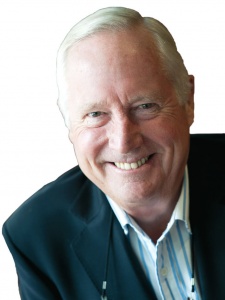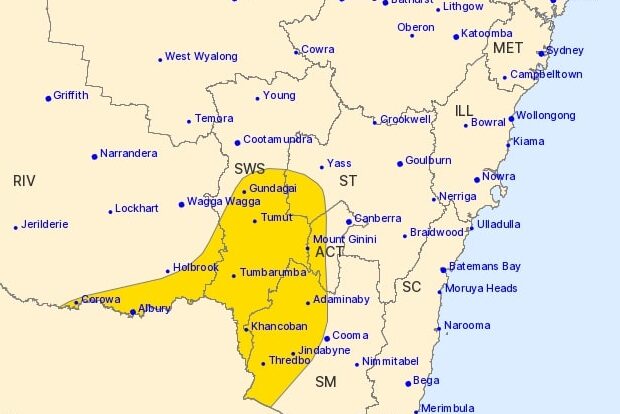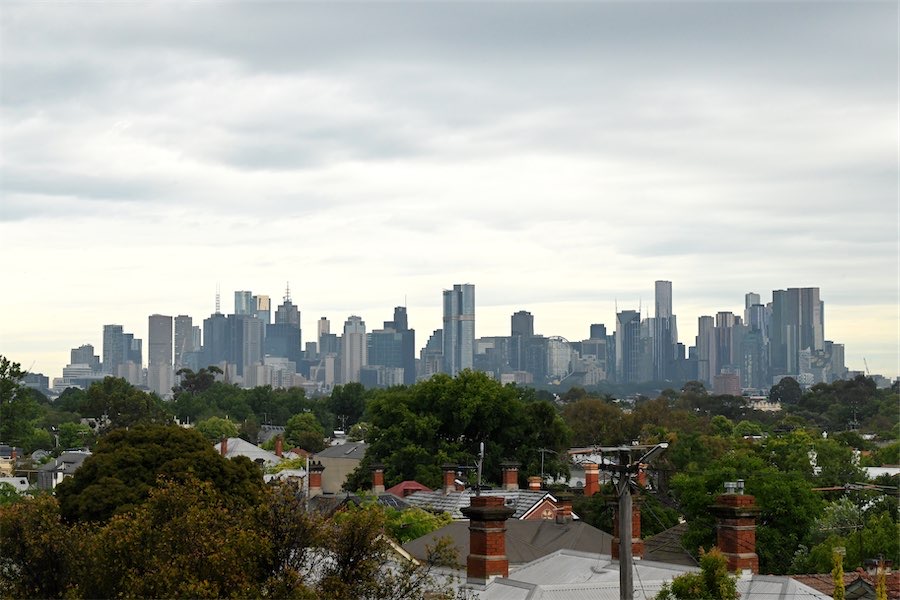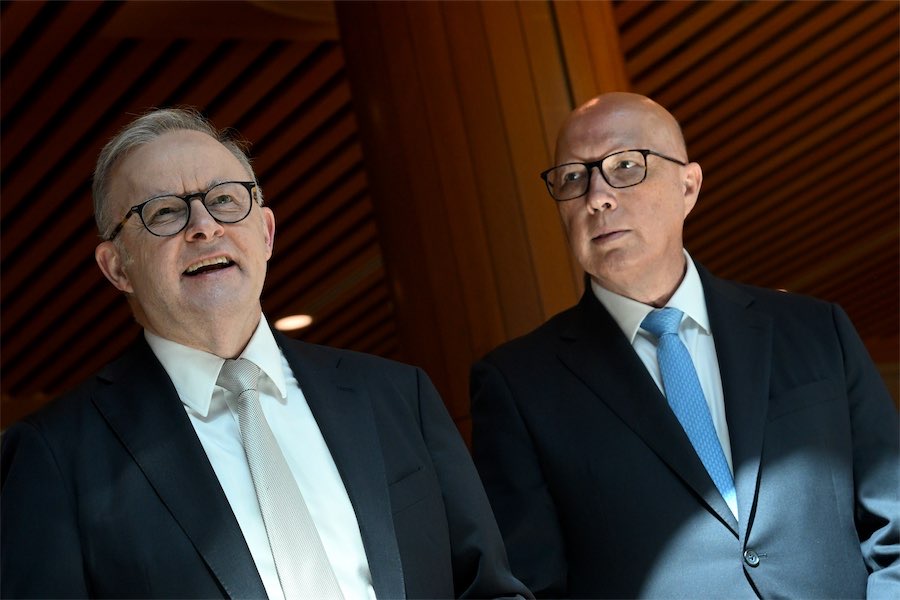I’M delighted to report that the recent column on renaming Australia’s natural features that currently commemorate utterly unworthy characters seems to have struck a chord. I can’t remember when a Gadfly had more responses – and all of them positive.

Some of the suggestions are obvious – the King Leopold Ranges in the Kimberleys, for example, could hardly be more inappropriate. They were so named by John Forrest, who arrived in Australia as a servant and later snaffled a barony from the British crown. His mate, Belgium’s Leopold II was a dreadful fellow. He claimed the entire country of the Congo, not for Belgium but for his own enrichment. And after the colonial nations of Europe authorised it in 1885 on his promise of improving the natives’ lives, Leo the Lash did exactly the opposite.
He ran the country with mercenaries – the Force Publique – and ripped vast riches in ivory, rubber and precious gems out of the hinterland and invested it in Belgian real estate. The methods he used to “control” the natives were little short of butchery. And the Congolese today are worse off than almost any other nation in the world.
Indeed, the only other people with a comparable history are our own First Australians. As it happens, I’m currently researching a new book that touches on their experience in the Frontier Wars, and the detritus of that era includes commemorative place names that have no place on the modern Australian map.
North Queensland boasts half a dozen Nigger Creeks, Black Gin Creek, and others of similar ilk. Mount Wheeler, near Rockhampton, is a blot on the Australian escutcheon. Frederick Wheeler was an officer in the notorious Native Police force, a sadist who visited a reign of terror on the Aboriginal people of the area for two decades of the 19th century before being charged with murder and skipping bail overseas, never to be seen alive again.
And while some say the Wheeler of the mountain was really someone else of that name, all remembrance of the sadist should be expunged from the national cartography.
So indeed should almost anything with the name “Morisset” in it. John Thomas Morisset, the hideously disfigured sadist who made life a living hell for the convicts on Norfolk Island, also massacred Aboriginal communities in the Bathurst area. Both his sons were officers in the Native Police, and the eldest, Edric Norfolk Vaux Morisset became the swashbuckling commandant. However, maybe we should retain the Morisset Hospital for the criminally insane.
Anything with Waterloo in it usually commemorates a great “victory” of heavily armed settlers and police over an Aboriginal community ambushed at daybreak. Waterloo Creek in NSW and Waterloo Plains in Victoria are but two cases in point.
However, my personal favourite for removal is that of Brisbane, my old home town. Sir Thomas Brisbane was probably the worst of a bad bunch of NSW governors. A useless soldier, he sucked up to everyone in the English establishment for five years before finally his fellow officer the Duke of Wellington (the hero of Waterloo!) pulled strings to get him off his back and sailing to Sydney. Brisbane didn’t give a damn about Australia – he was a religious nutcase who spent his entire time at his Parramatta observatory counting the heavenly bodies, except for Tuesdays when he visited the Sydney office to order punitive raids on the Aboriginals, vile treatment of the convicts and row with his secretary, the obnoxious Major Goulburn. He was so hopeless the Colonial Office actually sacked him… and Goulburn as well.
Surely we can do better than Brisbane. And since we seem to like warriors for our city namesakes, how about “Dundalli”. Check him out on Google. He really was someone to be proud of.
Who can be trusted?
In a world of spin and confusion, there’s never been a more important time to support independent journalism in Canberra.
If you trust our work online and want to enforce the power of independent voices, I invite you to make a small contribution.
Every dollar of support is invested back into our journalism to help keep citynews.com.au strong and free.
Thank you,
Ian Meikle, editor




Leave a Reply